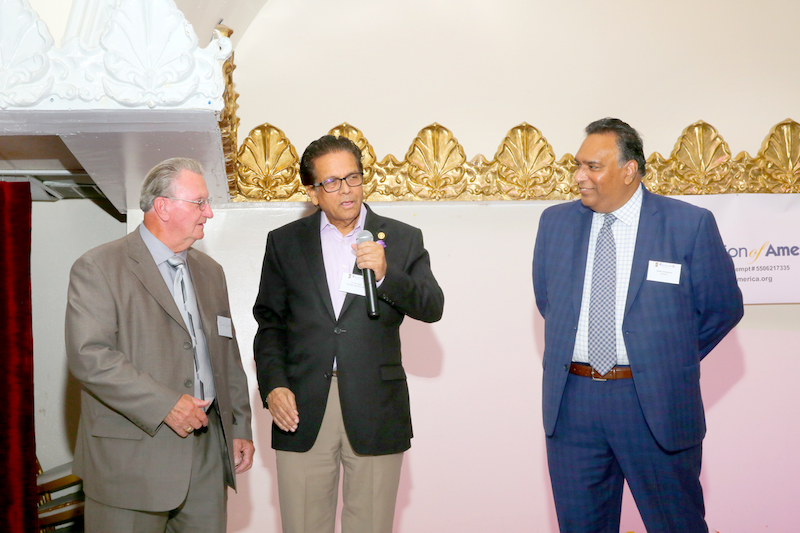In a major breakthrough in the world of In Vitro Fertilisation (IVF) and human reproduction, a team of scientists in the US and the UK has developed the world’s first ever synthetic human embryo-like structures using stem cells.
This major development reportedly dodges the need for eggs or sperms for the creation of human embryos.
According to the report by The Guardian (article beyond paywall), these embryos resemble natural embryos in the earliest stages of human development. While they lack a beating heart or the beginnings of a brain, they contain cells that would give rise to the placenta, yolk sac and the embryo. These models would also help scientists understand the impact of genetic disorders and the biological reasons behind recurrent miscarriages. Professor Magdalena Zernicka-Goetz of the University of Cambridge and the California Institute of Technology, who is leading the research, said, “Our human model is the first three-lineage human embryo model that specifies amnion and germ cells, precursor cells of egg and sperm.” However, the research also raises major ethical and legal consequences as the use of synthetic embryos for clinical purposes is not legally imminent in the UK and most other countries. Implanting them into a patient’s womb is currently illegal, and it remains uncertain whether these structures have the potential to progress beyond the earliest stages of development.
© The Indian Panorama





Be the first to comment